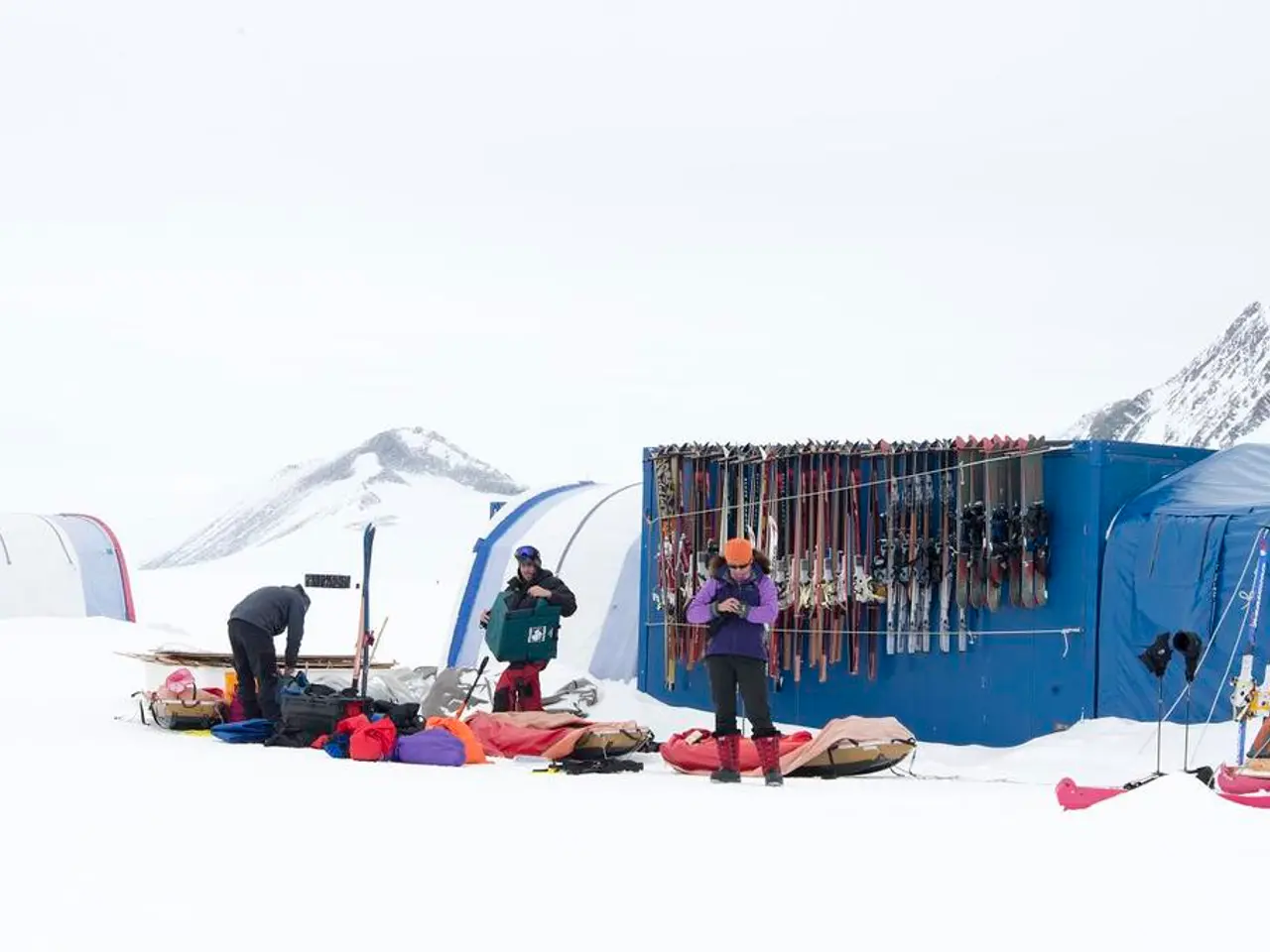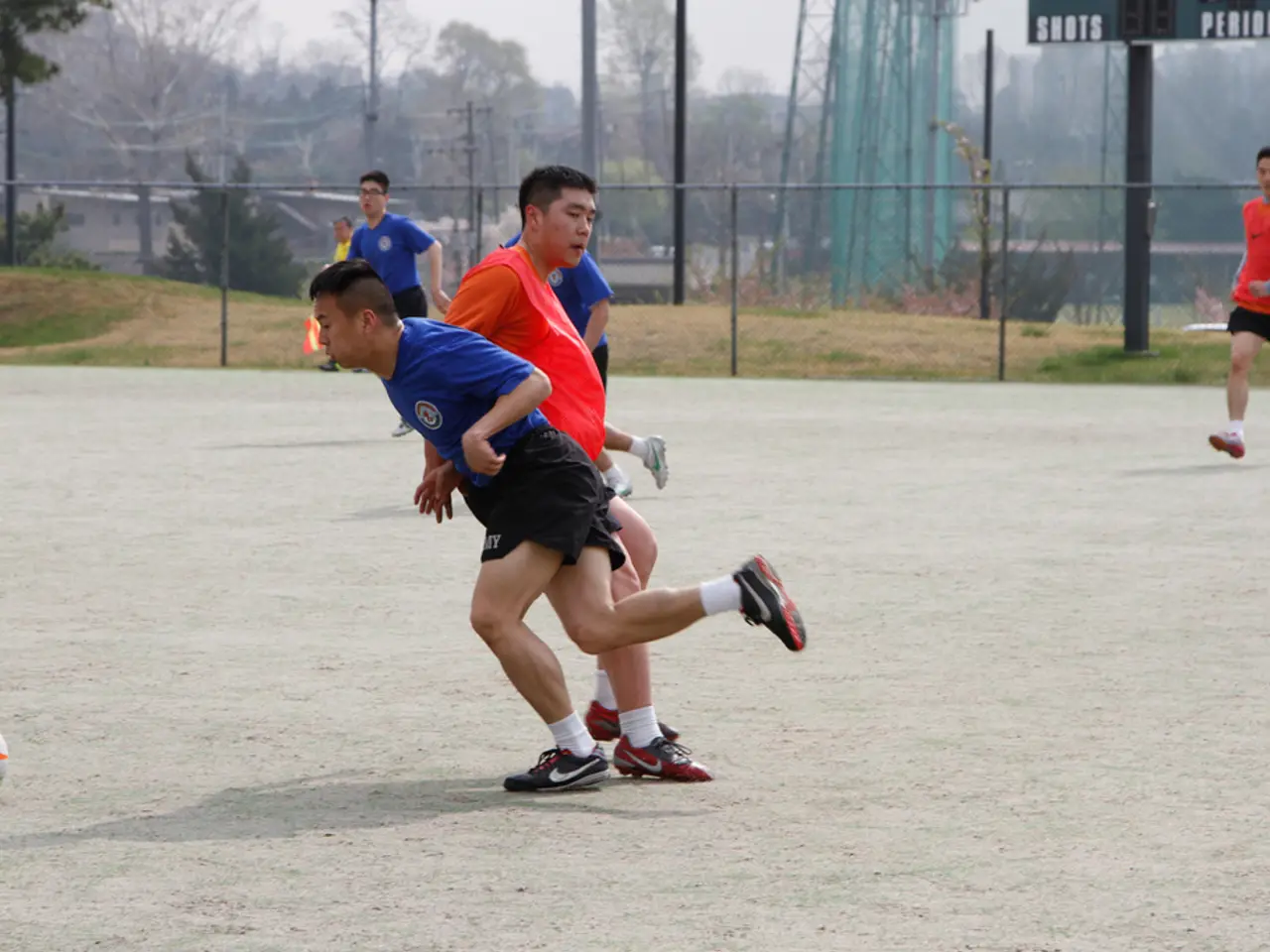Stranded Mountaineers Admit Overstepping Boundaries in Ice Climbing Endeavors
In the heart of New Zealand's breathtaking backcountry, a harrowing ice climbing incident occurred on July 2. Jake, a newcomer to the region, and his climbing partner found themselves in a precarious situation.
Jake, who had previously visited Lake Alta twice and completed the Grand Traverse, along with his partner, embarked on an ice climbing trip to Wye Creek. The pair had meticulously planned their journey, studying access routes, factoring weather and travel time, and checking the weather forecast, which predicted bad weather later in the day.
However, despite their preparations, they found themselves running late. As they reached the foot of the first 30m, the wind was picking up, and the weather arrived earlier than expected. Instead of proceeding with their original plan, they changed it and climbed a route called Blue Velvet.
At the time, the New Zealand Avalanche Advisory danger for the area was 'considerable'. Despite this, Jake admitted that they didn't utilize the free information available to them. By the time they realized their mistake, they were already lost on the mountain.
The rescue crew, who found them at 4:30 AM the next day, noted that the pair didn't have a first aid kit, an emergency communications device, or avalanche equipment. Jake later admitted that their overeagerness to climb led them to make poor decisions and get caught in a dangerous situation.
Jake expressed gratitude towards the rescue team and everyone involved. He also admitted that they were underprepared and should have gotten the appropriate training. His partner, who had been ice climbing in the area twice this winter already, echoed these sentiments.
In the aftermath of the incident, Jake plans to learn from this experience and take professional courses to prevent a similar occurrence. He stated, "I should have taken five extra minutes to pack essential equipment. I'll make sure to get the right training next time."
For ice climbers venturing into New Zealand's backcountry, thorough preparation is key. This includes proactively checking detailed alpine weather and snow condition forecasts, participating in intensive mountaineering skills courses, and carrying and training with the right equipment tailored to alpine conditions.
By following these guidelines, adventurers can ensure a safe and successful ice climbing experience in New Zealand's stunning landscapes.
Jake, despite his previous experiences in sports such as the Grand Traverse, failed to prioritize essential equipment and training during his ice climbing trip to Wye Creek. His partner, who had been ice climbing in the region twice that winter, shared similar sentiments about the importance of thorough preparation in sports, especially when venturing into New Zealand's backcountry.





